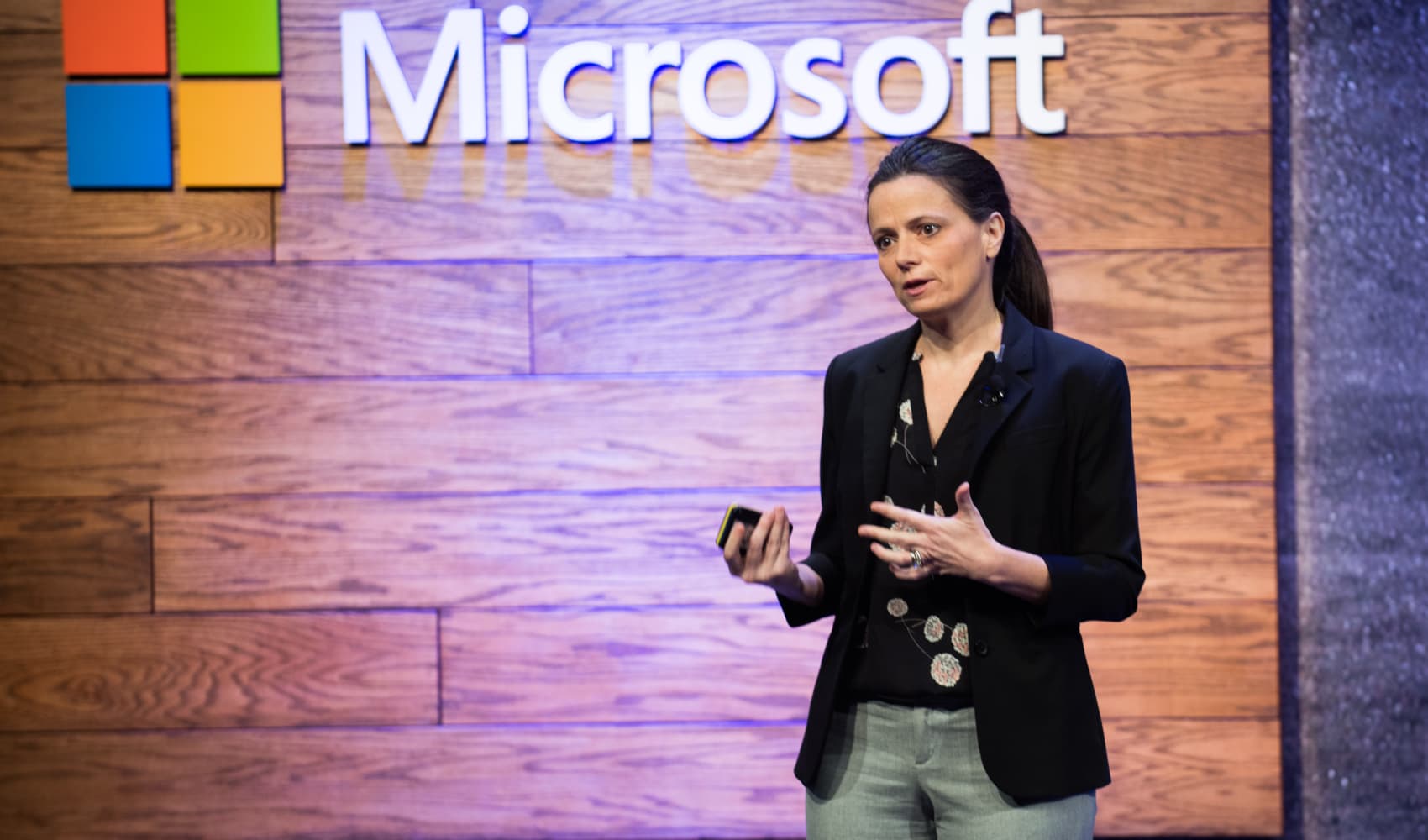
- The National Labor Relations Board has ruled Amazon illegally retaliated against two of its most outspoken critics when it fired them last April, the agency confirmed to CNBC.
- Last April, Amazon fired Maren Costa and Emily Cunningham, who worked at Amazon for 15 years, after it claimed they repeatedly violated internal policies.
- Costa and Cunningham were vocal critics of Amazon's labor and climate policies, participating in a walkout and other actions urging the company to change.
The National Labor Relations Board (NLRB) has found Amazon illegally retaliated against two of its most outspoken internal critics when it fired them last year.
Last April, Amazon fired Emily Cunningham and Maren Costa, two former user experience designers, for "repeatedly violating internal policies." Cunningham and Costa argued they were fired in retaliation for their continued criticism of Amazon.
The NLRB confirmed to CNBC that it found merit to Cunningham and Costa's unfair labor practice complaint, which was filed last October. If Amazon doesn't agree to settle the case, the agency said it would file a complaint against Amazon in the next few weeks and set a trial date in the coming months. News of the NLRB's decision was first reported by The New York Times.
Get San Diego local news, weather forecasts, sports and lifestyle stories to your inbox. Sign up for NBC San Diego newsletters.
In a statement, Amazon spokesperson Jose Negrete said the company disagrees with the NLRB's decision.
"We support every employee's right to criticize their employer's working conditions, but that does not come with blanket immunity against our internal policies, all of which are lawful," Negrete said. "We terminated these employees not for the reasons cited in the preliminary finding, but because they repeatedly violated internal policies."
Costa and Cunningham were members of the employee advocacy group Amazon Employees for Climate Justice, which has called on Amazon to develop a comprehensive climate change plan, among other environmental initiatives.
Money Report
During the coronavirus pandemic, Costa and Cunningham raised concerns about the company's treatment of warehouse workers and a lack of safety measures for front-line employees.
They also participated in a series of actions to pressure Amazon to change how it responds to workers who speak out against its policies. Last January, AECJ organized hundreds of employees to intentionally violate Amazon's external communications policy, which forbids employees from speaking about the company's business without approval from management.
In their complaint to the NLRB, Costa and Cunningham allege that Amazon violated federal labor law by firing them "based on discriminatory enforcement of policies or work rules, including its non-solicitation and communication policies."
Amazon's external communications policies also "chill and restrain employees in the exercise" of rights and activities that are protected by federal labor laws, according to the complaint, which was filed by a representative from the Seattle chapter of the United Food and Commercial Workers Union.
The NLRB decision comes as Amazon is staring down a closely-watched union vote at one of its Alabama warehouses. The NLRB began counting votes last week and it could take a few days or weeks to reach an outcome.
The union vote is just the latest turning point in Amazon's growing tensions with its frontline workforce. Warehouse and delivery workers have raised concerns about a lack of coronavirus safety measures during the pandemic, along with other issues around working conditions.
A number of Amazon employees who spoke out about pandemic working conditions have since filed complaints with the NLRB alleging the company illegally fired them, among other company retaliations. The NLRB has sided with the Amazon workers in several cases, while other cases are ongoing.
Enough Amazon workers have filed charges against the company over the last year that the NLRB is considering launching a national investigation, NBC News reported last month.
-- Reuters contributed to this report.






